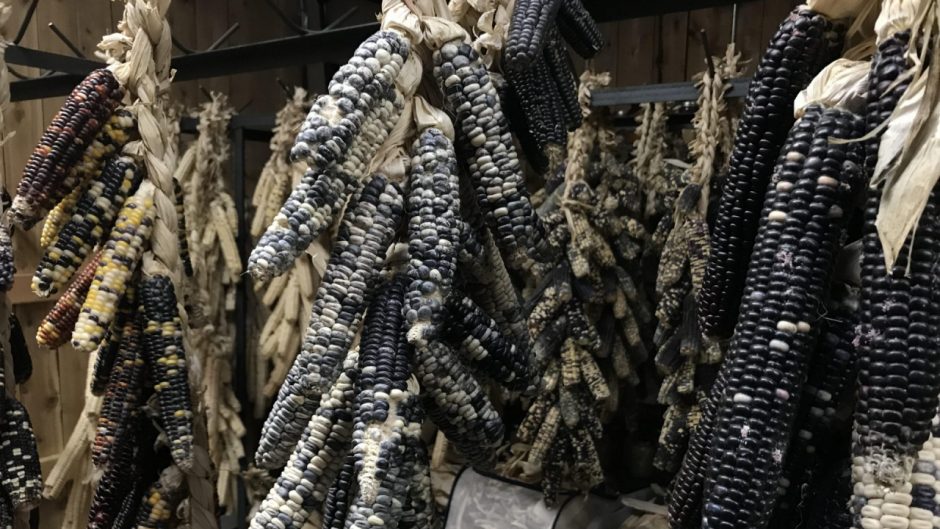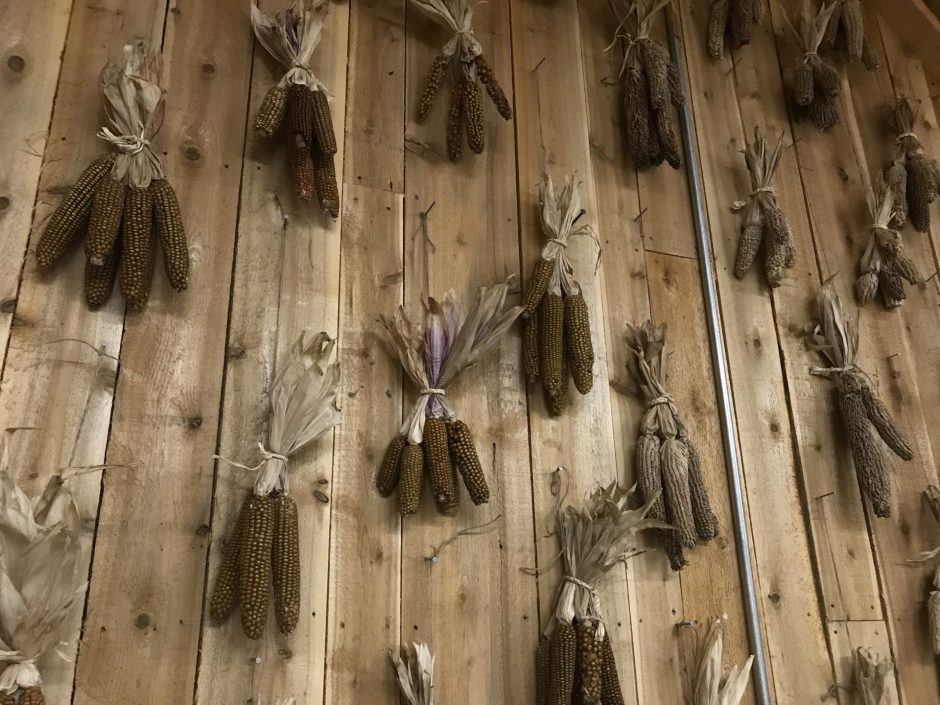Syracuse, N.Y. (NCC News)- A collection of thousands of seeds are kept at the Onondaga Nation Farm, from 500 year old squash seeds to 4,000 year old corn seeds. This collection contains 1,179 varieties of corn seeds that belong to indigenous populations all throughout North and South America and even the Caribbean. A few include:
- Haudenosaunee
- Onondaga, Seneca, Cayuga, Mohawk, Seneca, and Tuscarora
- Chickasaw
- Osage
- Cherokee
- Hopi
The caretaker of these seeds, Angela Ferguson had acquired them through the late Carl Barns who left the seeds to his apprentice who later passed them on to Ferguson. For some of the seeds their people had been displaced, or no longer exist. Curtis Waterman, a worker at the farm, said the seeds are a memorial for all past, and present seed caregivers.
“Let’s say all of a sudden … something happens and we all disappear, what’s left is the corn. And that corn is the story of a legacy of someone else, it’s our legacy, and the people that work here, if we’re not here to tell that story, true, people might not know what the story is, but they’ll know what the corn is, they’ll know what the corn tastes like …” Waterman said.
The Onondaga Nation Farm grows these heritage seeds to later return them back to their ancestral communities.
“When (the seeds) dug up from some of these archaeological sites … that person who usually is not indigenous, that’s archaeologist who finds those seeds, for the seeds that’s their first contact, the same way we saw strangers and didn’t know who they were, that’s what happens to the seeds, to know that the seeds make it back to their communities, to their own people, to the comfort of those arms, for me that’s one of the rewarding parts of it, because they hold the potential for life,” Ferguson said.
Ferguson and the farm crew have also planted and grown the heritage seeds of the Haudenosaunee to provide food for the Onondaga Nation..
“We never have to call other people or other nations when we need something for an event we have all our own things, and that is very powerful, that is very important not only for sustainability and sovereignty but your connection to who you are as a (native) person …” Ferguson said.
The Onondaga Nation Farm has enough seeds to provide food for the entire Onondaga Nation for three years, and they are working on expanding it to seven years.








